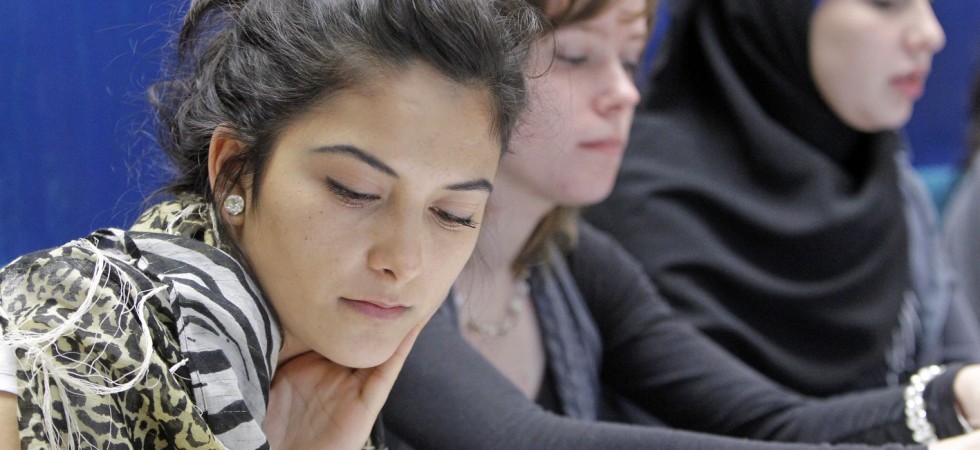Admission to medical school
Worldwide the number of students applying for Medical School is much larger than the available positions. Therefore the selection and admission of medical students is a high stakes process for both students and medical schools. Therefore, the methods of student selection, their validity and their underlying mechanisms are of great interest. In this line of research we study the validity of the methods of student selection which have been used by Erasmus MC since 2001. As a by-product of the peculiar Dutch system of medical school selection, a cohort of control students exists who have been admitted to medical school through a lottery system. Our studies include the predictive validity of our selection instrument for preclinical and clinical academic performance and the exploration of additional selection instruments.
Ongoing research concerns the comparison of several non-academic and academic selection instruments in their predictive value for performance during medical school. These instruments include cognitive tests of study skills, IQ tests, measurements of learning style, personality, etc. In addition, we are developing Situational Judgement Tests to determine several competences relevant for the medical profession, such as professionalism, communication and collaboration.
A more challenging line of research aims at the identification of characteristics of students during clerkships and residency, who are considered successful by their instructors and supervisors. The aim is to distinguish and validate behavioral characteristics of excellent residents in several specialties, which are amenable to quantitative determination and fit in the concept of deliberate practice. Subsequently, the findings will be applied in a selection tool for first year medical students.
Selection of residents
Recently a pilot project has been started in the Netherlands to investigate whether it is possible to pre-select sixth year clerkship students for a limited set of residency programmes. One of the challenges is to use validated methods to select the right students that go beyond the classical application letter and interview paradigm. One of the studies will focus on the development of a Situational Judgment Test to determine the level of competencies such as professionalism, collaboration and communication.

